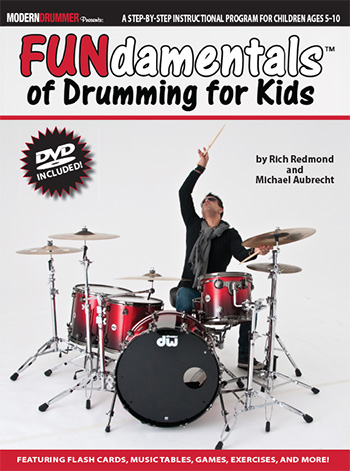
When I was studying world history a few years ago, specifically Egyptian history, I read about the thousands of slaves and indentured servants who helped to construct the pyramids. The Great Pyramid at Giza was built over the course of 20 years by 100,000 workers and was meant to be a tomb for Pharaoh Khufu. Many of the people who started the initial foundation of this massive pyramid did not live long enough to witness the finished structure
The same goes for research scientists who spend their entire career working on findings that will likely be passed down to the next generation of doctors who will then take the baton of knowledge and continue the search for a cure. Neither of these individuals gets to experience the conclusion of their labor. In other words both groups afford all their time and energy with zero closure. They do however witness the evolution of their efforts. This is what drives them toward the unattainable goal.
The drummer is much like the slave or scientist. Instead of construction or medicine, he or she pursues the mastery of their instrument. Glances of closure are experienced by learning a new rudiment or a difficult fill pattern but they are immediately stifled by the desire to learn more. The routine of practice requires a great deal of time and effort. Much like the pyramid or research findings a drummer’s skill level is in a continuous state of evolution.
It is said that “practice makes perfect” but most musicians know this statement is untrue. Practice makes you better but it will never make you perfect. Even the greatest drummers of all time struggled to reach the inaccessible level of perfection. It has also been said that it takes 10,000 hours of effort to master anything. The truth is it takes 10,000 hours of practice to be exceptionally good at something but that doesn’t mean one stops learning.
Just as the slave looked toward the sky envisioning the finished pyramid, the drummer must look ahead and understand the critical evolution of practice. To use the pyramid adage, practice is the building blocks of any skill set and one must build on that foundation for as long as they play the instrument knowing that they will never place that final stone. That is the essence of the philosophy of practice.
There is no end, only evolution.
Practice is a process. Here are some steps toward effective practice:
- Create an atmosphere. You may prefer to practice in a quiet room or someplace with more stimulation. Whatever environment you prefer, be sure that it doesn’t interfere with your mindset. Be comfortable physically and mentally.
- Warm-up: Like a pregame workout, warming-up is essential. A warm-up isn’t just about getting your muscles moving, it’s also about getting in the right frame of mind. Be sure to regulate your breathing.
- Set a Goal: Going through music and exercises that you are already proficient at is not practicing. Decide what steps you want to accomplish and work toward that result. After you achieve that milestone, move onto the next one.
- Be Realistic: It’s about quality, not quantity. If you aim to practice smarter, not longer, you will find yourself with a lot more inspiration to draw upon. By setting realistic goals, you will find you can overcome challenging areas much easier.
- Identify and Overcome Problems: Identify where you are stumbling or continuously using the wrong approach. Work out why it’s going wrong. Then decide how you are going to fix it.
- Being a Musician Is More Than Just Playing: It is important to understand your instrument, its repertoire, the history of it and why the music is written a certain way. Spend some time listening to great artists and recordings of the instrument you are playing and try to analyse what makes the artist or particular performance so great.
- Don’t Be Afraid to Write On Your Music: Don’t be afraid to scribble on your sheet music. Obviously some music does have to be treasured, but photocopy your pages and do whatever it takes to make it easier to interpret the notation. If you miss something once, make a mental note. Any more, write it in.
- Record Yourself: By recording your practice sessions you can listen back and spot things you may want to consider doing differently. Even consider filming yourself as well. You may notice tension that you were unaware of.
- Be In the Right Frame of Mind: It’s OK to take a day off or simply keep your fingers moving by spending 10-20 minutes playing something you really enjoy. It can be easy to get frustrated and forget to have fun.
- Reward Yourself: At the end of each session, remind yourself how special you are to be playing an instrument and treat yourself.










